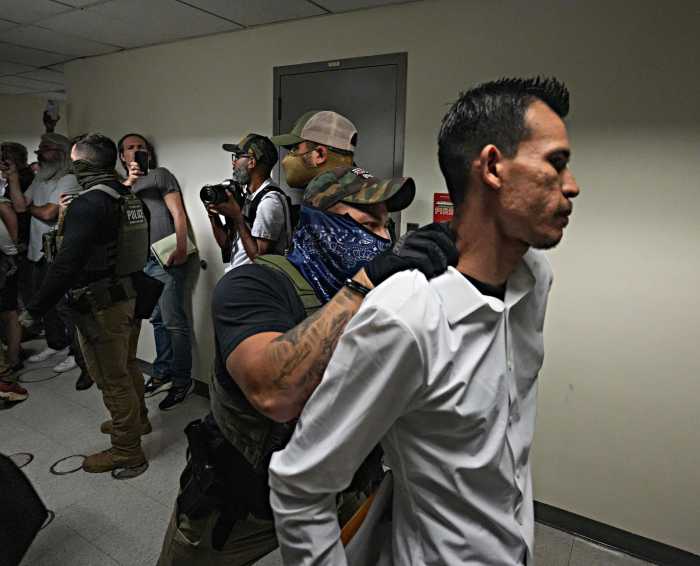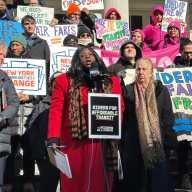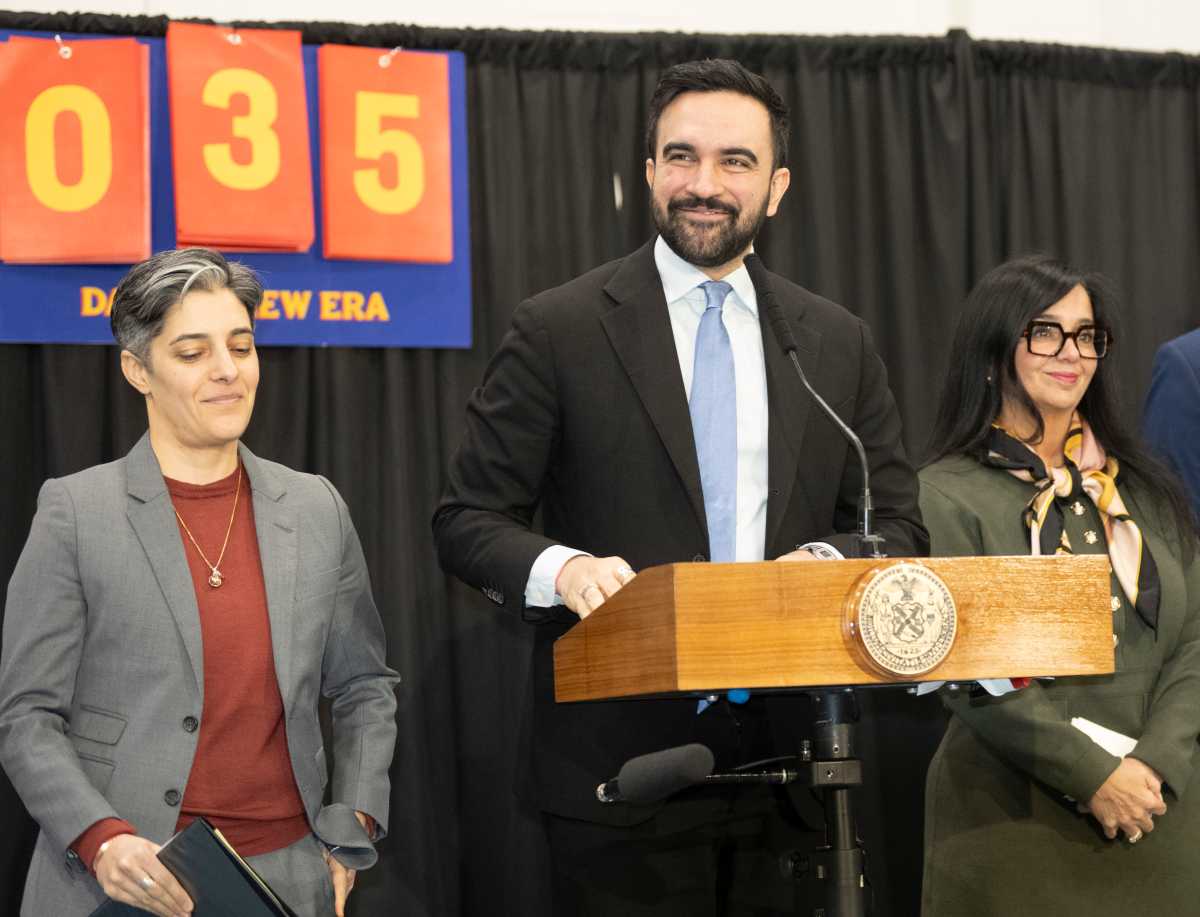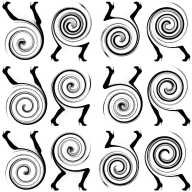‘I voted!” stickers are a badge of honor.
Ninety-six percent of Americans say that voting is an important duty, though far fewer actually vote. They regard voting as the highest civic sacrament. But what if voting is not a duty, but rather just one of many ways to be a good citizen?
People sometimes say, “What if nobody voted? That would be a disaster. Therefore, everyone should vote.” But this kind of reasoning is easily parodied in way that exposes its flaws: “What if nobody farmed? Then we’d all starve to death. Therefore, everyone should farm.” What matters is that enough people farm, not that literally everyone farms. Perhaps the same goes for voting.
Some people say we should vote because each vote counts. But this view doesn’t withstand mathematical scrutiny. How we vote matters, but how any one of us votes does not. The probability that an individual vote will change the outcome of an election is too small. In the same way, winning the lottery is worth hundreds of millions of dollars, but an individual lottery ticket is worth little.
Individual votes matter only if they break a tie. There’s some disagreement among economists and political scientists on just how likely that is. In one major model, the chances of you deciding the election are lower than your chances of winning Powerball. In another, you might have a chance as high as 1 in 10 million of being decisive, but only if you live in a swing state and vote for a major candidate. Sorry, New Yorkers, but your vote won’t matter. Thanks to the Electoral College, individual votes in heavily Republican or Democratic states have a much smaller chance of mattering than votes in the “purple” states.
A good argument for a duty to vote thus won’t rely on the assumption that individual votes make a significant difference. One might argue instead that citizens should exercise civic virtue, and thus should vote. Or one might say that citizens have a duty to avoid complicity with injustice, and thus vote. Or one might say that citizens who don’t vote free ride on those who do — they receive the benefit of good government without “doing their part.” Or one might claim that citizens should vote because they have a duty to try to help other people.
The problem with each of these arguments is that they fail to show voting is anything special. Voting is just one of many ways to discharge the duties in question. It might not be an especially good way. There are thousands of ways other than voting to exercise civic virtue, to avoid complicity with injustice, to avoid free-riding, to repay a debt or to help others. You can hold a productive job that adds to the social surplus. You could make art or work in a hospital. You could organize, write letters to the editor, protest, volunteer, or donate to charities or political organizations. The average auto mechanic does more good for society by fixing cars than by voting.
Perhaps it’s a mistake to push the view that voting is a duty. Maybe voting is less like paying taxes and more like giving to charity. Come next month’s presidential election, if you’re a well-informed citizen and choose to vote, you’re helping to do the rest of us a small favor, and you deserve our thanks. But we should avoid condemning the citizens who don’t vote. They’re likely contributing to society in equally important but less visible ways.
Jason Brennan is associate professor of strategy, economics, ethics, and public policy at the McDonough School of Business at Georgetown University.







































